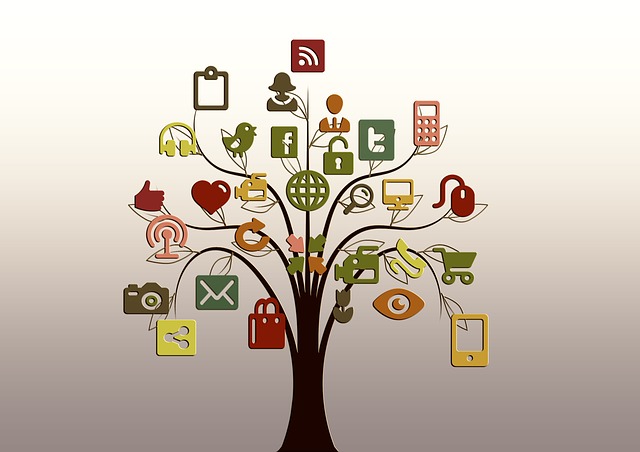The Importance of Social Media for B2B Marketers
Nowadays, you’d be hard-pressed to find a person who does not have a social media account. Everyone and anyone uses Facebook and other networks to connect with friends and family, and for entertainment.
It is absolutely clear that the impact of social media on business has been growing for quite some time. The reason for this growth is simple: sites like Facebook allow businesses to gain access to a vast pool of potential customers, for free! Marketers and branders are the professionals who can benefit the most from doing business on social media.
While it’s apparent why B2C companies need social media, what about B2B? These businesses are not selling their products to average social media users. Why bother?
Citibank example
Let’s take a prominent B2B company as an example and see if they think the same way. The America-based Citibank is a good one. It conducts business on an international scale and works primarily with other businesses.
So why exactly did they do all this?
Major reasons to use social media for B2B marketing
- Lead Generation
As mentioned above, Facebook and other social media networks represent a large source of potential clients for businesses. Of course, the majority of these users cannot be B2B clients, but still, no other online properties provide the same opportunity.
Networks like LinkedIn have even more benefits for B2B, because they are business-oriented. There is absolutely no shortage of opportunity to connect with potential partners and clients because of the popularity of these networks.
For example, LinkedIn had 467 million active users in the third quarter of 2016, according to Statista. For marketers, this means that it is a goldmine of potential leads, and LinkedIn has already been ‘dug’ for years.
In 2011, marketers were able to generate 1.8 billion leads on LinkedIn. This result actually dwarfed the performance of Facebook and Twitter, because it was almost 300 percent more effective!
Social media users can be worth much more than website visitors, because they are exposed to updates, promotional offers, and news from a business every day. As the result, they get to know the company better.
- Ideas for Strong Content
To acquire links, companies used to build manufactured backlinks at scale. This was one of the most popular strategies in the past, but now it’s ineffective.
The hottest strategy in the game right now is content marketing, which involves producing and publishing high-quality content online. The content should be attractive to viewers so they would want to link their own content to it, or maybe share it on social media naturally.
For B2B companies, social networks thus represent a source of ideas for future marketing content. For example, they could analyze the Facebook newsfeed and identify interests, trending topics, and other relevant information.
Twitter also plays a huge role in idea generation. The platform’s search bar is where the brainstorming process begins. For example, you can generate a range of related information to your topic by entering one of the following queries into the searchbar:
- How to + Industry Keyword
- Question + Industry Keyword
- Why is + Industry Keyword
For example, a writing company could use the first option to determine whether social media users look for assistance with writing by searching for “how to get the best essay tips.”
The articles that have the most retweets are the ones to look for. Their popularity is the deciding factor for marketing success if you decide to use the topics they described.
Now, all that’s left is to produce great and helpful social media content using these ideas. Why does it have to be great and helpful? An average American person consumes 33 gigabytes of media per day. Other developed countries have comparable figures as well.
In other words, if you don’t stand out, you’re not likely to get the attention you need to make this work.
- Link Building
For B2B, link building can often be more effective with social media rather than pursued via more aggressive means. If implemented properly, it can provide valuable traffic to B2B sites through social media.
The content shared on Facebook and Twitter can drive brand awareness and therefore drive new visitors to a company’s official website. If the content gets retweeted/shared, its popularity grows, which is perfect for providing visibility before a larger audience on behalf of the company itself.
This audience may use the content for its own purpose. The most important thing is that it contains a link back to the website of the company that created the content.
So, the takeaway here is that the content needs to be shareable. This means that sharing process should be simplified and the content itself should be appealing.
Conclusion
Well, now we know that social media is equally important for B2B. It drives traffic, helps with content generation, and generates leads. Clearly, not taking advantage of this tremendous opportunity would be an unreasonable decision, to say the least.


